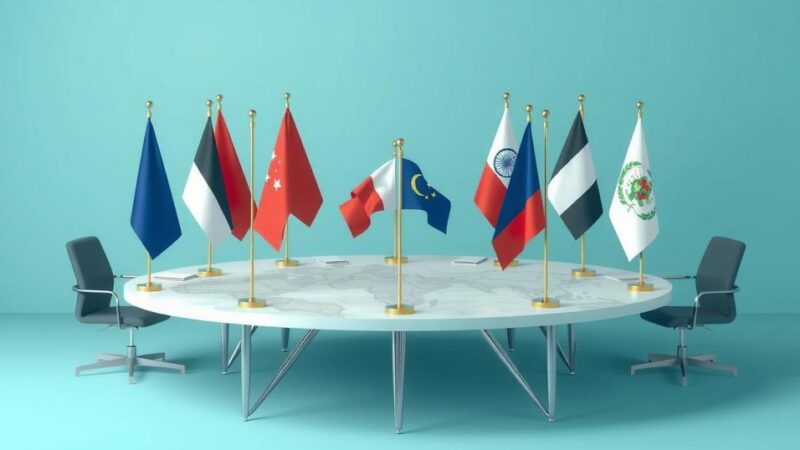This article discusses the significant cuts to USAID programs under the Trump administration, which has eliminated 83% of active programs and reduced humanitarian aid, posing risks to global stability. It highlights the historical role of USAID in promoting global goodwill and the consequences of the U.S. retreat from leadership, especially in fragile regions like the Horn of Africa.
The current changes at the U.S. Agency for International Development (USAID) represent a dramatic shift from decades of American global leadership in humanitarian efforts. These alterations abandon the postwar ideals of global solidarity for a more transactional approach to diplomacy, jeopardizing support for vulnerable populations, particularly in regions such as the Horn of Africa. The Trump administration’s decision to cut active USAID programs by 83 percent and reduce humanitarian aid by $54 billion risks destabilizing these already fragile areas.
Since its establishment in 1961, USAID has played a crucial role in countering adversarial influences through generous aid, which has included food deliveries, healthcare access, and disaster relief. Today, it faces an existential threat as it pivots from enhancing global partnerships to prioritizing efficiency over humanitarianism. This change could cede ground to rival nations that may exploit vulnerabilities more ruthlessly.
In conclusion, the reduction of USAID programs signifies a troubling retreat from established humanitarian practices, threatening global stability and diminishing U.S. influence abroad. The erosion of U.S. support for international development paves the way for authoritarian regimes to flourish unchecked, compromising the values that have shaped America’s foreign policy for decades. Without a concerted effort to restore funding and commitment to global leadership, the consequences of these near-sighted decisions could haunt not only affected regions but also the international landscape as a whole.
Original Source: www.ethiopia-insight.com






